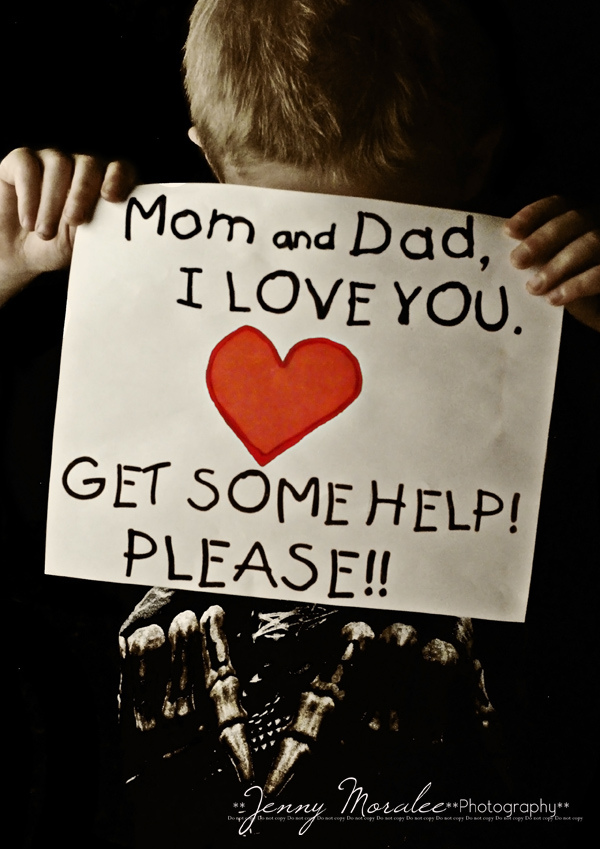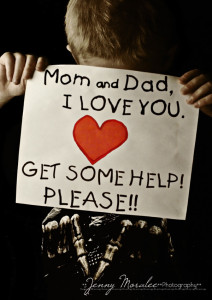Editor’s Note: Thanks to Antoinette for sharing this very personal story. May we all read this and think twice about whether we should reach out to a child we believe is experiencing this at home.
By Antoinette Kerr
October is Domestic Violence Awareness Month. I share this story with the blessing and permission of my mother, a survivor, who taught me to never be ashamed of our story.
I was a fourth-grader at Dunbar Intermediate School when I witnessed firsthand the impact of domestic violence . Brutal arguments lingered for months; at different points, both my mother and her boyfriend had declared themselves the winners.
My sister and I were always the losers. We went to school the next day, no matter what. Sometimes we were sleepy from the shouting or cut from picking up pieces of broken dishes. We dared not tell anyone. After all, Mr. (who shall remain nameless, but had already spent time in prison for murdering his wife) was helping pay bills ,and he was always extra nice after a fight. He’d promise it would never happen again and insisted it was all my mom’s fault.
People have stigmas about domestic violence — how it happens and to whom — so let me be clear: my mother was not a shy, tiny or timid woman. In fact, an entire neighborhood on Pennington Avenue can testify to the fact that at almost six feet tall and 200 pounds, she was not easily overtaken. Our 500ish-square-foot apartment could hardly contain their wrestling and the battles often landed in the street where neighbors took ringside seats. I never wanted to talk about it, even when kids reenacted match-ups on the school bus declaring my mom some type of superwoman.
An evening came along when I was certain this disagreement would be her last. During the course of the regular payday argument, Mr. went to his car and returned brandishing a shotgun. For the first time there was terror in Mom’s voice. We had no car of our own, but “let’s just go” was all I could muster before Mom pushed me out of the way. I refused to leave the room without her; somehow my young mind decided he would not shoot her in front of me.
I closed my eyes, pressing my hands over my ears and humming a song loudly enough to fill my mind. I pretended to melt into the wall, until the arms of my grandfather lifted me off the floor. Someone had called him to pick us up. I was pulled from the room without knowing exactly what happened as paramedics tended to the woman who rarely lost a fight.
The next day, I sat quietly in my classroom. The teachers knew and — either instinctively or informed — kept asking if I wanted to talk. I remained silent, but this time it was out of shame for wishing I had said something sooner. I thought my mom could hold her own, but I was wrong and so guilt-ridden that I wished I could become a cinder block wall.
It took days before I heard that my mother would survive, but not without lasting injuries. People slipped past me quietly and whispered about the situation before finally explaining. Mom was beaten with the stock of a shotgun. Her ankle was shattered and required surgery and pins. I did not return home for a while and we moved shortly thereafter, leaving Mr. behind.
Years later, those memories evolved into poems that Mom and I share. Most recently, “If these walls could talk” came to mind when a fellow organizer of the Speak Up! Poetry event asked if I would share my story about domestic violence . The brutal reality can be overwhelming from the outside looking in, but I agreed to participate because walls don’t talk — survivors do.
Just this year, Family Services of Davidson County has received 389 crisis phone calls. Officials have worked with three victims of human trafficking and housed 78 women and children for a total of 2,819 nights in the Hattie Lee Burgess Shelter.
Earlier this month, the organization hosted a vigil on the historic courthouse steps and read the names of 18 women who lost their lives to domestic violence . After the vigil, Speak Up! & RED4NC Poetry hosted an event involving women from various backgrounds. Survivors, advocates and came out to lend inspiring voices and raise funds to help end violence against women.
After serving on the FSDC board years ago, I realized the importance and impact of the organization’s work with so many families in crisis and knowing how silence threatens the healing of survivors. That is why it is so important to speak up.
Previously published in The-Dispatch of Davidson County


There are no comments
Add yours